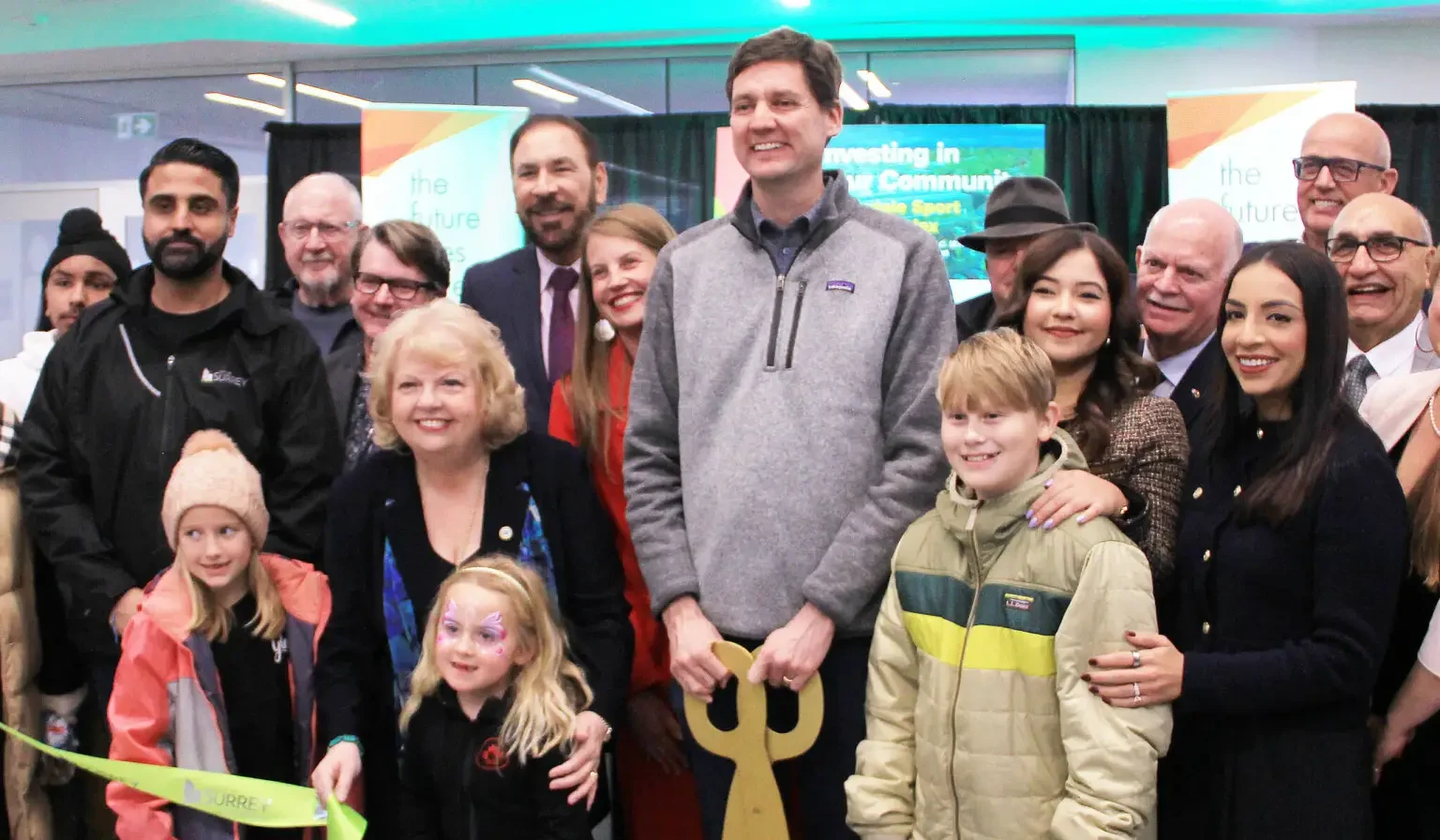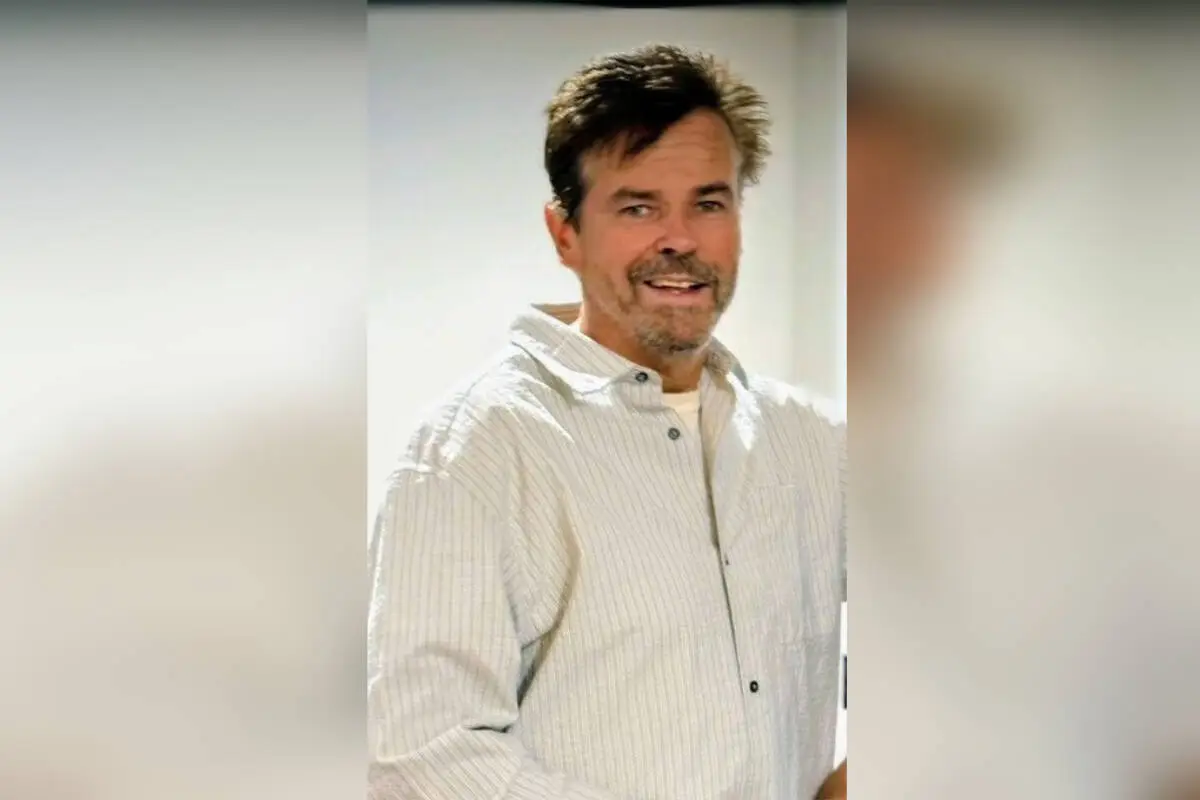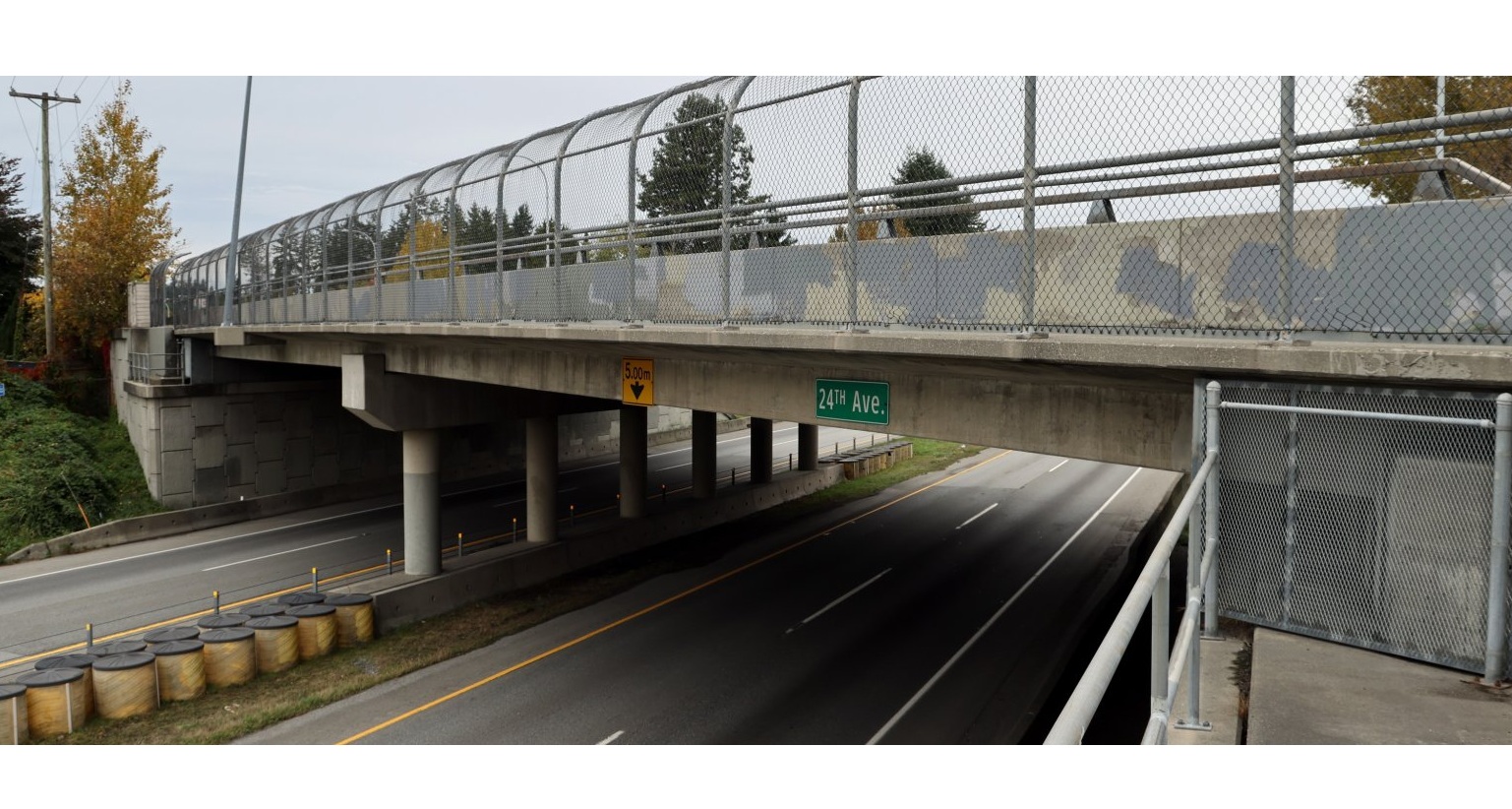B.C. Minister Adrian Dix joins Assembly of Manitoba Chiefs to discuss energy, climate, and Indigenous partnerships in Canada
Meeting Brings Leaders Together
British Columbia’s Minister of Energy and Climate Solutions, Adrian Dix, met this week with representatives of the Assembly of Manitoba Chiefs (AMC). The discussions focused on shared priorities around sustainable energy and climate action, while also reinforcing partnerships with Indigenous communities.
A Veteran Politician at the Table
Dix, who has represented Vancouver-Kingsway since 2005, currently oversees both energy and climate solutions and Francophone affairs in B.C. His long political career includes serving as Minister of Health for seven years and as Leader of the Official Opposition between 2011 and 2014. His national-level experience shaped the conversation with Manitoba leaders.
The Role of the Assembly of Manitoba Chiefs
The AMC, formed in 1988, advocates for the 63 First Nations in Manitoba, representing more than 172,000 citizens — about 12 percent of the province’s population. Its mandate includes defending treaty rights, advancing climate resilience, and ensuring First Nations have a voice in provincial and federal decision-making.
Why the Meeting Matters
The gathering comes at a critical time, as provinces confront the dual challenges of transitioning to cleaner energy while addressing the disproportionate impact of climate change on Indigenous communities. Both Dix and AMC leaders emphasized the importance of Indigenous-led solutions and cross-provincial cooperation in advancing sustainable policy.
Shared Goals and Path Forward
Discussions highlighted opportunities for collaboration in renewable energy projects, infrastructure development, and climate adaptation strategies. Dix noted that British Columbia and Manitoba share common interests in clean power and environmental stewardship, while AMC leaders underscored the urgency of ensuring First Nations are equal partners in decision-making.
What Comes Next
Both sides agreed to continue dialogue in the months ahead, with follow-up meetings planned to explore specific project partnerships. By bridging provincial leadership with Indigenous governance, the discussions aim to create long-term strategies that align environmental goals with reconciliation commitments.
This article is original and written specifically for Surreyspeak.com



























